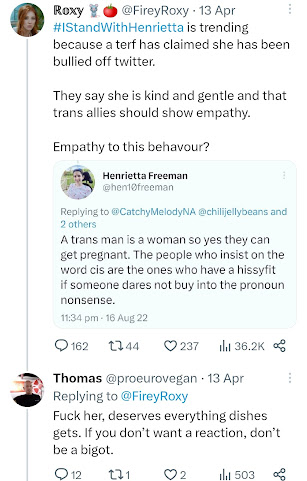
Just over 18 months ago, paralysed from the waist down, I was so weak from blood loss I couldn't see. My eyes worked, but my brain couldn't formulate the images. It was the strangest thing I've ever experienced - the colours and shapes made no sense. I could focus a bit, if I held one eye closed, but even that took strenuous effort and slipped from my grasp like a bar of soap in hot water. It felt like gravity had extraordinary power, pinning me down to the bed.
I was alone in a hospital delivery room, my baby cried, and I couldn't reach her. There was another emergency on the ward, I didn't want to press the buzzer, but her cries grew insistent and I relented. But still, no one came. I panicked, felt inexplicable guilt and fear.
I'll never forget my pathetic gratitude when a doctor came in and placed my tiny baby on me. It burned, because I was furious with him - his arrogance and unethical conduct, changing my birth plan to include drugs I'd told him I react badly to, without asking or informing me, had endangered her life and left me in transcendental agony. It left me feeling like pursuing a complaint would be mean, or treacherous somehow. I'd never normally feel that way, but being so helpless had a radical impact on me.
I can't imagine being reliant on people like that again.
My coping mechanism was temporary withdrawal of personhood. I zoned out, I was an object. A 'birthing body'. A vessel. Just keep my baby safe.. It could see me through a few days. It didn't last long; the day after we were released a brusque (I imagine, extremely busy) midwife turned up at home, and after weighing my daughter abruptly told me to show her my stitches. It sent me into a panic. I was in my bedroom, not hospital. There's a difference. My home is different.
What does, what could, Henrietta go through? Henrietta, who can't speak or even cough for herself, who needs almost 24/7 care in her own home?
The scope for abuse and negligence is huge.
Why is she a target? Because when she says she only wants women attending to her intimate care, she means it - only females.
Henrietta describes the extent of her care needs with candour in several threads, and in the piece she wrote alongside Dr Em, Invalid Women.
Please read Henrietta's run down of an average day;

There's a deep, unspoken assumption that those as disabled as Henrietta aren't vulnerable to sexual assault; the condescending and dehumanising obscenity to it is clear. I've covered this a little before, as has Anna, in Excuses, Violations & Tactics and Victim Voyeurism & Denial
She's a woman, and she might be tucked away, out of the sight of the piss-protest priapism, the shrieking authoritarians and their campus grandstanding, but she is a woman who is more exposed to harm than almost any other. She likely speaks for thousands of society's most overlooked people. As far as trans rights activist are concerned she must be crushed.
The statistics and 📎stories of abuse of disabled people prove her fears are well-founded. Not, may I add, should they have to be - this is Henrietta's life.

It's difficult to fully comprehend just how morally bankrupt and repulsively entitled you'd have to be to cheer on the trans rights activists' claims of marginalisation and vulnerability while dismissing the needs of such extraordinarily defenseless women as Henrietta as hateful.
The Venn diagram of beardy TRA pricks hounding Henrietta and those abusing Sarah Summers is a single circle with a slightly fuzzy margin, and the reason is obvious - these people despise women.
⬇️As long as you're affirmed, mate...⬇️
“A decision has been made to remove cross-gender consent from the personal and intimate care policy, which is in line with legislation and guidance relating to equality and diversity”.
Or when transwomen boast like this on social media;
Or, even transwomen with an open history of fetishism and dressing up as the sexy nurse trope run women's mental health trauma wards, and move their office to be right in the middle of their patient. Meet Rachel Dios.






























No comments:
Post a Comment